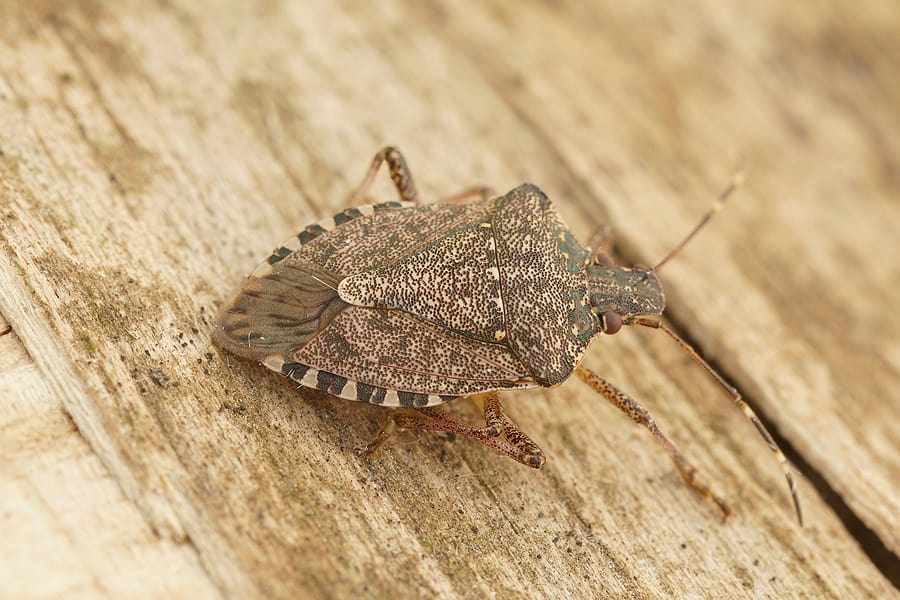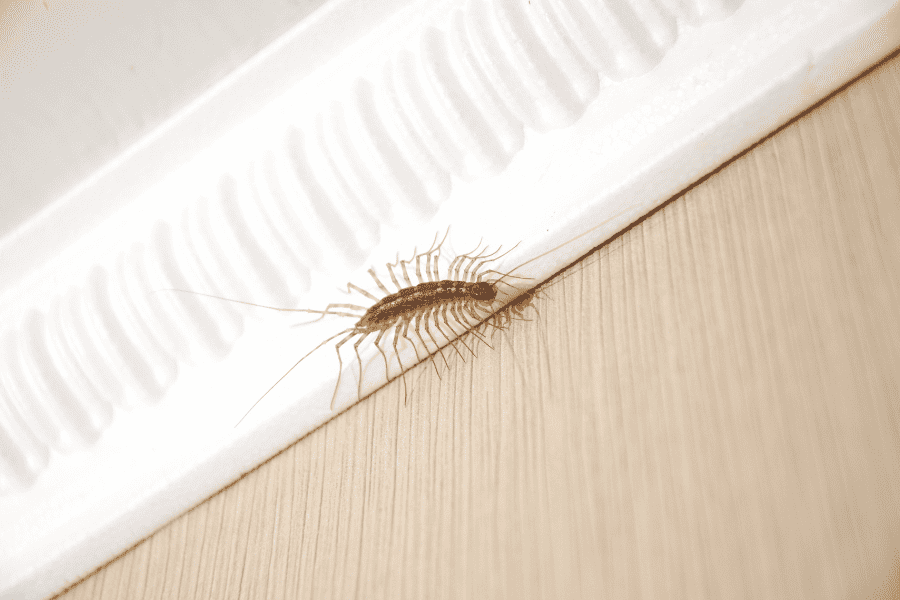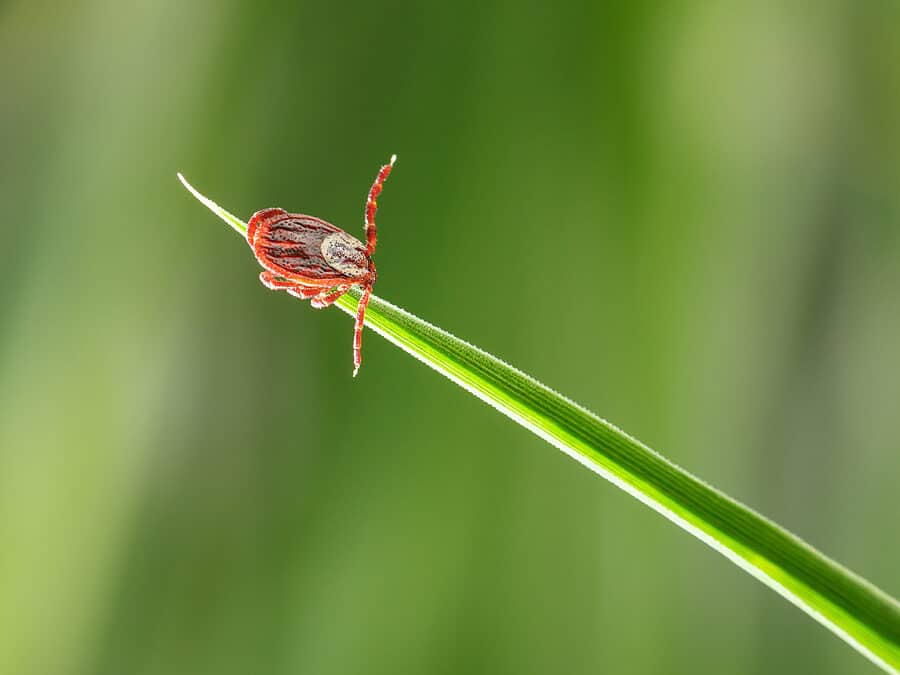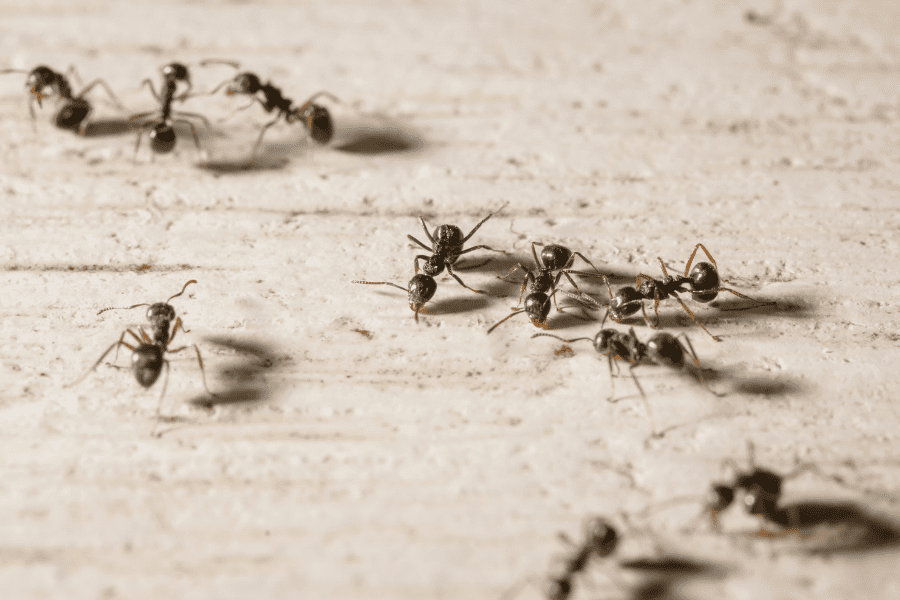READY TO GET STARTED?
REQUEST A FREE ESTIMATE
Fill out the form below or call (888) 466-7849 for a free, no-obligation estimate.

As the leaves change color and the temperature begins to drop, many people in Georgia eagerly await the arrival of fall. However, along with the beauty of this season comes a new set of challenges for homeowners – the invasion of fall pests. These household pests are often seeking shelter and warmth as they prepare to overwinter, making your cozy home an inviting destination. In this blog post, we’ll explore some common fall pests in Georgia and provide valuable tips on how to prevent their intrusion.
While fall brings cooler weather and beautiful landscapes to Georgia, it also heralds the arrival of these common fall pests. Preventing these pests from entering your home is crucial to maintaining a pest-free environment. Don’t let these overwintering pests ruin your autumn. Contact your local pest control company today for a free pest control quote to help protect your home and family.

Summer is a time of warmth, sunshine, and relaxation. Unfortunately, it’s also a time when a variety of pests are most active. From ants and flies to roaches and centipedes, these insects can be a major annoyance and even a health hazard. Discover common summer pests below:
Ants are a common sight in the summertime, especially in kitchens and pantries where they search for food. To prevent ants from invading your home, make sure to keep your kitchen clean and free of crumbs and spills. Store food in airtight containers and keep ripe fruit in the refrigerator. Sealing cracks and holes in your home’s foundation and walls can also prevent ants from entering.
Flies are a common summertime pest, buzzing around and spreading germs wherever they land. To prevent flies from invading your home, make sure to keep doors and windows closed or screened, especially during the hottest parts of the day. Keep your kitchen clean and dispose of garbage regularly.
Roaches are another unwelcome summertime pest. They can carry diseases and trigger allergies in some people. To prevent roaches from entering your home, seal any cracks or gaps in your home’s foundation and walls. Keep your kitchen clean and free of crumbs, and store food in airtight containers.
Centipedes can appear creepy, with many legs! They are often found in dark, damp areas such as basements and bathrooms. To prevent centipedes from invading your home, keep these areas dry and well-ventilated. Seal any cracks or gaps in your home’s foundation and walls.
If you begin seeing these summer pests around your home, give your local pest control company a call for a free inspection and a customized treatment and prevention plan!

Once they’ve infested your yard, it can be difficult to get rid of ant infestations. These pests are extremely invasive and will search our yards and inside our homes for a place to nest and for a food source. Once ants take over your yard, it’s likely they will enter your home, sometimes without us even knowing. Check out the common ways to prevent ants in your Florida yard.
Keeping your yard well-maintained is crucial in preventing ants from taking over your yard. Make sure you regularly mow your grass and trim back plants and shrubbery away from the home. Likewise, ensure that leaves and debris are picked up, especially after a storm. Get rid of rotten tree stumps or logs, as ants will build their nests in them.
Did you know there are certain smells that will deter ants away? It’s true! Ants dislike scents such as peppermint, vinegar, and citrus. Consider using these scents to deter them away from your yard and home by placing cotton balls soaked in the scent around the perimeter of your property.
Ants are looking for water and food sources to survive, making it crucial to remove them. While many of us leave our pet’s food bowls outdoors during the warmer months, it’s important to remove them at night, as they will attract not only ants but other creatures such as rats and mice. Likewise, remove any standing water from your property, including fixing leaky pipes, removing buckets holding water, and unclogging gutters.
To ensure ants will not enter your home, it’s important to identify and eliminate any entry points they could enter in from. Inspect the exterior of your home and seal any holes, gaps, and cracks you find. Don’t forget to check the areas around pipes and wires as well. Likewise, check your windows and doors for any openings and consider utilizing screens and weatherstripping.
Eliminating ants can seem like a daunting task, but it doesn’t have to be. Consider reaching out to your local pest control company which can help identify the type of ant, provide you with a treatment plan, and set you up with a prevention plan to avoid a future infestation.

While most people associate summer with warmer weather and more time spent outdoors, it also marks peak season for many Georgia pests. Here are 5 of the most common summer pests in Georgia and how to prevent them.
Mosquito season peaks in summer (peak months are June to September) with activity at hits highest. Mosquitoes are most active at dawn and dusk. These pests transmit serious diseases to both humans and pets. They also breed in standing water found around your home. You can get rid of mosquitoes this summer by:
Ticks are active from late spring to early fall. These summer pests are known to transmit serious disease to humans and pets. They are commonly found wooded areas and areas with tall grass. Avoid ticks this summer by:
Spiders are common in summer as they are often driven from their hiding places by the warmer temperatures (e.g. your attic). While spiders are beneficial to have around as they eat other common pests found in your home, they can be a nuisance. Keep spiders at bay this summer by:
Ants emerge in the summer in search of food (particularly sweets and grease) that they take back to their colonies. This is why they are often found in kitchens. You can prevent ants by:
Stinging pests, such as wasps, hornets, bees, and yellow jackets, are prominent in the summer months. These pests will often forage for food during the warmer weather. Avoid stinging pests by:
Don’t let summer pests ruin your time outdoors. Contact your local pest control company today for a free evaluation.

Ants are a common pest that can invade your kitchen and other areas of your home or yard. Not only are they annoying, but they can also get into your food and be difficult to remove from your home. Let’s explore different types of ants and provide tips on how to prevent them from entering your home or yard.
There are many different types of ants, but some of the most common ones found in kitchens include: Argentine ants, carpenter ants, and odorous house ants. Argentine ants are small and brown, while carpenter ants are larger and can cause damage to wood structures. Odorous house ants are small and black and emit a strong odor when crushed.
If you have a specific type of ant that is causing problems in your home or yard, there may be specific prevention methods that are more effective. For example, if you have carpenter ants, it’s important to remove any rotting wood or other sources of moisture that may be attracting them.
Our team of experts are ready to help you identify what type of invading ant you have in your home. Give your local pest control company a call for a free inspection today!